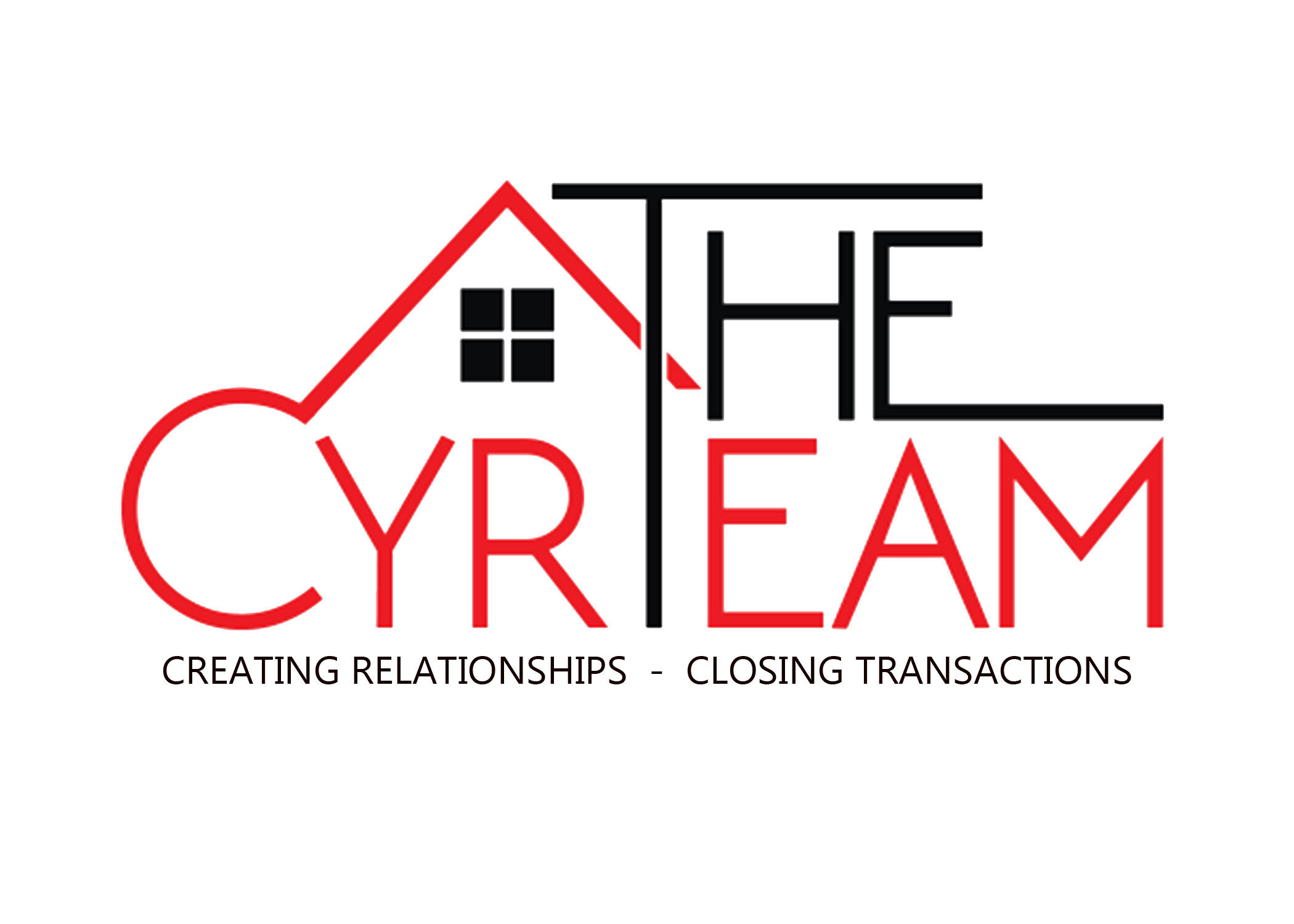If you are preparing to buy a home and planning to finance it with a mortgage loan, one of your top priorities should be getting your finances in order. Having a strong financial standing will help you qualify for a home loan and get the lowest possible mortgage rate.
Some of the steps you can be taking now include paying down existing debts (car loans, credit cards, student loans, personal loans, etc.) and saving up for a larger down payment. These are two important factors your mortgage lender will review, along with your income and employment history. They will also run a credit check as part of your loan application process. Your credit score (aka “FICO score” or “credit rating”) will play a large part in determining your mortgage eligibility and setting your fixed interest rate.
How Will My Credit Score Affect My Mortgage Loan?
Quite simply, a higher credit score generally means a lower mortgage rate—and a better overall chance of qualifying for a home loan. The minimum credit score required for most conventional mortgages is typically around 620. Some borrowers may be able to qualify for an FHA loan with a lower rate, though it may depend on the down payment and other qualifying factors. There are many different loan types and all lenders will have their own qualification standards.
Here are a few credit-building tips to help you improve your credit score before applying for a mortgage and buying a home:
Build Your Credit
If you do not have credit accounts, you will want to open a new account or line of credit, which will be reported to the major credit bureaus. Do not open too many at once. Start small and learn how to manage your credit. This is how you establish a credit history and build up your credit rating. Having little-to-no credit history can sometimes work against you, even if means you don’t have any credit debt. Your credit score is based on your ability to have open accounts and keep up with your monthly payments.
Keep Up with Payments
This is one of the most important aspects of your credit score. Your payment history is critical. You want to keep up with all your loan, credit, rent, bills and other payments—even if you are just paying the monthly required minimums. It’s a smart idea to set up autopay with your accounts. Paying off bills earlier can also help improve your FICO score. Late payments will count against your credit rating and any accounts being sent to collection agencies will certainly hurt your credit. You will want to catch up on any past-due accounts and pay down your revolving account balances to remove negative marks from your credit record.
Limit Credit Applications
Though having open accounts and lines of credit will help you establish your credit history and build up your current rating, you have to be careful. Applying for too many credit cards and other consumer accounts can hurt you—especially if they are running credit checks. Credit checks and inquiries can have a negative impact
Pay Down Balances
Work to pay down any loan or credit balances as much as you can. Keeping up with on-time monthly payments will help, but your existing debts will still work against you when it comes to both your overall credit score and your mortgage eligibility. Your mortgage lender will calculate your debt-to-income (DTI) ratio, which compares your current average monthly pre-tax income with your total average monthly debt payments. Lower debt will help you qualify for a home loan.
Understand Your Credit
The ability to improve credit scores will be different for everyone. Some have bad situations that may take longer to repair. Others may be able to increase their ratings quickly with a few simple adjustments to their financial habits. Either way, you should make the effort to improve your FICO score as much as possible before applying for a mortgage loan. A healthy credit score will help you qualify for a loan and decrease the amount of interest you will have to pay (monthly and over the entire life of a 30-year loan).
If you are preparing to buy a home in Southeastern Pennsylvania or Northern Delaware, contact The Cyr Team today. We can help guide you and get you ready for your next home purchase.

